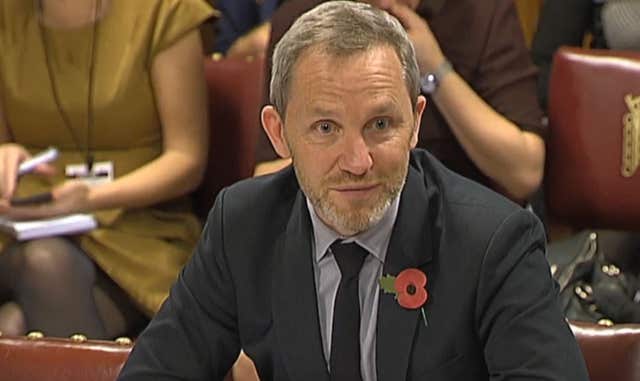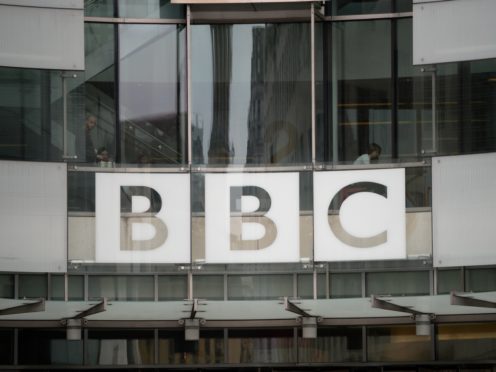The BBC is planning to bridge class divides through education.
James Purnell, director of radio and education at the BBC, has stated the broadcaster’s commitment to tackling social inequality with informative content.
It is hoped that new BBC schemes will help prepare the underprivileged for school, and future academic competition with young people from wealthier backgrounds.

Purnell has delivered a speech stating that the BBC is determined to halve the number of children entering school without the necessary language skills, and improve music education for those from poorer backgrounds.
The BBC is introducing Bring The Noise, an education tool using lessons from famous talents to teach young people about music, as part of its new education strategy.
The former minister under Tony Blair and Gordon Brown said: “In wealthier and more educated households, the access to learning that we are surrounded by enters by osmosis.
“In more deprived households, this kind of head-start is harder to find.
“We believe that BBC programming can play a huge part in bridging this gap.”
The future of education from the @BBC with @jimpurnell #EducationFest pic.twitter.com/Zf2iYJSYgs
— 10th Festival of Education (@EducationFest) June 21, 2019
Speaking at the Festival Of Education, he added: “Education is an important passport into the world: the grades and certificates matter.
“Education is the key that can unlock social mobility and reduce inequality.
“But education is more fundamental than exams or social mobility. Education is the key to well-being.”
Purnell has said that the BBC is committed to help half the number of children entering school without sufficient communications skills, and aims to do this before the end of the current charter.
He said: “We know that is a huge task but we want to be ambitious.
“We need the right intervention.”
The broadcaster is updating and expanding its study tool BBC Bitesize, and rolling out new educational content, Tiny Happy People. It is hoped this will balance out the “seeds of inequality” by providing advice to parents.
Nile Rodgers and Dame Evelyn Glennie are also working with the BBC on Bring The Noise, a tool providing music lessons from experts to help close the divide between the privately educated and the less privileged when it comes to music education.
The new scheme, aimed at teachers and young children, will be rolled out in September.
